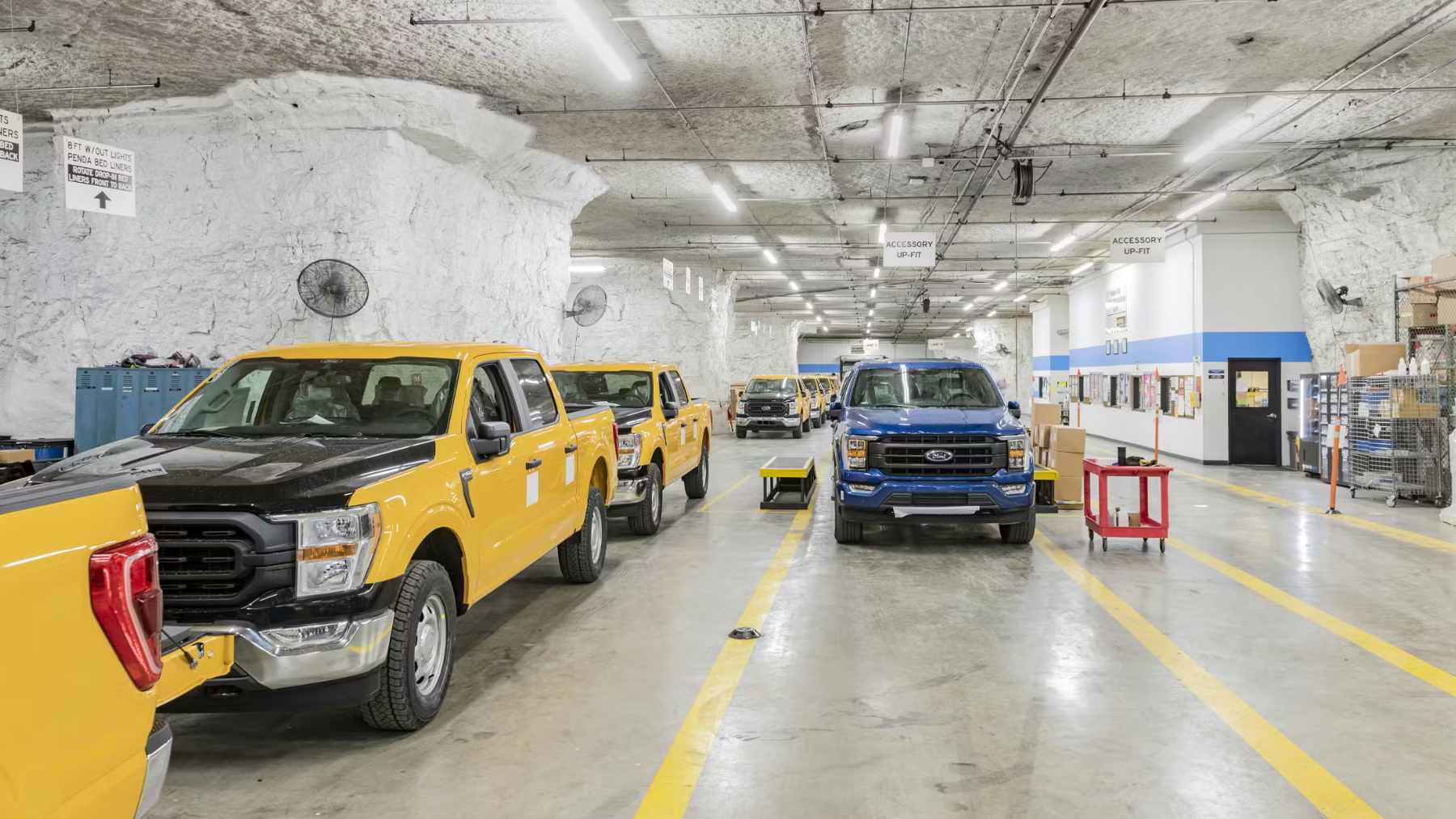As the pioneer at SpaceX, Elon Musk continues to drive technological progress through his innovations. His most recent venture involves turning CO2 gases from the air into usable rocket propellant through atmospheric extraction. The innovative technique has the power to change space exploration methods and simultaneously solve the environmental problem of carbon emissions. This initiative’s success will open doors to sustainable exploration of space.
How SpaceX intends to convert atmospheric CO2 into rocket fuel represents its unusual fuel initiative.
The technology used to capture carbon already exists, although its application toward creating rocket fuel remains innovative. Extracting CO2 from atmospheric air requires different methods, including air scrubbers and absorption, together with chemical catalysts and other technologies. The captured CO2 molecules receive water as a partner to produce fuel material that powers rockets. The resultant fuel production through this method provides ongoing supply while actively lowering atmospheric CO2 content.
Through an announcement on Twitter, Elon Musk introduced a program that aims to extract atmospheric carbon dioxide to manufacture rocket fuel. Please join if interested.” According to Musk’s multi-planetary destiny for humanity, this initiative represents one of its core elements. The technology demonstrates potential applications for Mars fuel production because the Martian atmosphere consists mainly of CO2.
The science behind CO2 fuel: From the air to the launchpad
Many specialized steps enable the conversion of carbon dioxide into fuel. The first step involves extracting CO2 from atmospheric air through direct air capture technology. The captured CO2 goes through the Sabatier reaction with hydrogen from electrolyzed water to produce methane and oxygen. Methane operates as rocket fuel within a looped operation that uses oxygen as an oxidizer. This difficult path has significant potential advantages which justify its purpose.
Technological progress with this technology exists beyond abstract theory. Carbon Engineering and other companies prove the ability to transform atmospheric CO2 into liquid fuel. Space exploration agency NASA created fuel-generation methods using thin-film metal oxide devices to convert carbon dioxide. SpaceX relies on this base of innovations to fulfil its advanced developmental objectives.
The use of CO2-derived fuel demonstrates great promise for space exploration and planet conservation
This technology presents substantial environmental advantages to human society. The carbon capture system deployed by SpaceX would enable the company to reduce the negative impact of climate change. Each Falcon 9 rocket launch creates carbon dioxide pollution that exceeds 200-300 metric tons during flight. SpaceX can enhance its space mission sustainability through its CO2 fuel programs that consume captured atmosphere emissions.
The technology represents the potential to decrease rocket launch expenses economically. The production of rocket fuel through traditional means produces high expenses while demanding multiple supply chain networks. Fuel production through CO2 capture from air enables SpaceX to reduce launch expenses while performing more missions. The cost reduction is fundamental for creating sustainable space exploration since Musk desires to build an independent Martian colony that requires constantly, affordable spacecraft capabilities.
The road ahead: Challenges and the future of carbon-based fuel
Multiple implementation problems persist even though this approach shows great promise. Getting carbon capture technology to achieve higher operational efficiency remains essential to become cost-effective commercially. The deployment of an infrastructure framework which consists of CO2 capture components alongside CO2 conversion systems needs to be established and merged with SpaceX’s operational structure. This difficult path has significant potential advantages which justify its purpose.
The initiative by Elon Musk to convert atmospheric CO2 into rocket fuel advances the fields of space exploration and environmental sustainability. The initiative can potentially revolutionize space exploration by solving both carbon emission problems and fuel sustainability needs. The innovation at SpaceX steadily moves society toward becoming a multi-planetary civilization.














